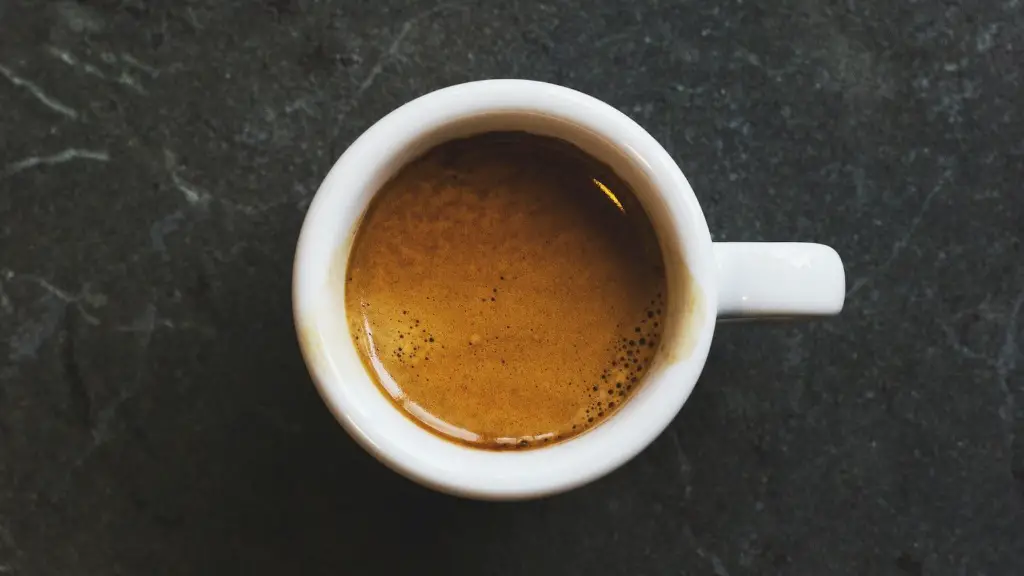Based on recent research, the health benefits or drawbacks of drinking black coffee while living with diabetes remain uncertain and controversial. Unlike sugar-sweetened drinks, black coffee- without added sugar or cream- can have some beneficial components, like helping reduce the risk of developing type 2 diabetes. However, it is important to keep in mind that various individual factors- from genetics to your lifestyle- may influence whether black coffee is suitable for a diabetic.
At the same time, certain studies suggest that certain lifestyle habits- such as regular physical activity and a balanced diet, including occasional coffee- may help you avoid diabetes in the first place. Moreover, other studies suggest that drinking caffeinated black coffee moderately- meaning two to three cups per day- may benefit the health of people living with diabetes.
As a result, experts recommend treating black coffee as part of an overall healthy and balanced diet, so that it can not have adverse long-term effects. The research- in particular, the results of studies done by the Harvard Medical School- confirms that black coffee can be a low-calorie drink with no added sweeteners, containing many antioxidants and compounds with potential health benefits.
It is important to remember that caffeine makes your body release adrenaline which can cause a temporary rise in blood sugar levels. Also, if you usually drink coffee with added sweetener, artificial sweeteners, full-fat milk, and other ingredients, then you are essentially adding to the calorific composition of coffee- something which needs to be taken into account for diabetic individuals.
In addition, it should be noted that caffeine sensitivity can vary from person to person, so it is important to consider its effects before asking, “can a diabetic drink black coffee?” Such individuals should probably moderate their caffeine intake by drinking decaffeinated coffee, instead. Alternatively, there are other ‘diabetes-friendly’ alternatives like green tea, which is a good source of antioxidants.
How does coffee interact with diabetic medications?
It is key to remember that coffee can interact with certain medications used to manage diabetes or protect against its long-term complications, so one should take this into account before drinking black coffee if taking medication. Potential interactions can lower or raise blood sugar levels, while others can change the way your body metabolizes caffeine or the medication. Before introducing coffee into your diet, it is important to ensure that it should not have any bad effect on your health.
Generally, experts suggest that if taken in moderate amounts and with no added sweeteners, coffee can become part of a healthy and balanced diet for individuals with diabetes, as long as other dietary considerations are taken into account as well. Additionally, coffee could also play a role in managing diabetes-related complications in people with diabetes.
Type 1 diabetes and black coffee
When it comes to black coffee and type 1 diabetes, it is best to take into account your individual situation- how drink coffee can affect your blood sugar levels, daily energy needs, and overall health. Moreover, a certain level of knowledge about these processes is necessary for diagnosing and managing blood sugar levels. People with type 1 diabetes should think twice before drinking black coffee as it can significantly affect their blood sugar levels.
Moreover, according to a review published in Diabetes Spectrum, if drinking coffee with sugar, cream, or syrup, it should be counted as part of the individual’s carbohydrate intake, as both milk and sugar will cause an increase in blood sugar levels. In other words, it is recommended that individuals check their glucose levels after drinking sweetened coffee.
Side effects of drinking black coffee
It is important to note that some people may experience certain side effects when drinking black coffee. Such side effects can range from restlessness and insomnia- due to caffeine’s stimulant properties- to indigestion, anxiety, and headaches. Moreover, individuals with certain medical conditions such as hypertension or pregnant women should be mindful when drinking black coffee because it could affect their blood pressure levels and even cause complications.
At the same time, for some people with diabetes, drinking black coffee may act as a source of antioxidants and promote better control of blood glucose levels. Indeed, recent research suggests that, when taken in moderation and without added sweeteners, coffee has potential health benefits specifically for individuals living with type 2 diabetes.
The benefits of black coffee for diabetes
A number of prospective studies suggest that drinking moderate amounts of coffee may be beneficial in reducing the risk of developing type 2 diabetes. Despite conflicting results, the Harvard Medical School, for instance, concluded that there is some scientific evidence that higher intakes of coffee may reduce the risk of developing type 2 diabetes.
Moreover, some research suggests that it is the combination of various chemicals found in coffee, as opposed to a single compound, that might protect against type 2 diabetes. Additionally, some research suggests that the potential advantage could be due to the cholesterol-lowering antioxidants present in coffee.
Does black coffee improve type 1 diabetes control?
Recent findings based on cohort studies propose that regular coffee intake may help reduce the risk of type 2 diabetes, but no clear-cut evidence supports the notion that black coffee improves diabetic control in people with type 1 diabetes.
It is important to note that people with type 1 diabetes should have regular talks with their doctor before introducing a specific dietary change into their lives. Some experts suggest that people with type 1 diabetes should consume coffee in moderate amounts and keep a close eye on their blood glucose levels before and after drinking coffee.
Does black coffee interact with diabetes medications?
It is also essential to be aware of the potential interactions between coffee and certain diabetes medications. While research has not established a clear link between coffee and diabetes medications, certain ingrediets in coffee may reduce the efficacy of certain types of diabetes medications.
Certain components present in coffee, such as caffeine and minerals like magnesium, can interfere with the absorption of some diabetes medications- or impact their effectiveness. It is key to discuss with a doctor before introducing changes to one’s diet, as they will be able to better guide you in identifying potential interactions.
Novelties in coffee consumption and diabetes
Coffee consumption is continuing to increase around the world. While some research suggests that regular consumption of coffee- specifically, black coffee- can potentially offer some health benefits for diabetics, other studies are still under way to further investigate the topic.
In any case, coffee consumption can be an enjoyable experience for individuals with diabetes, as long as it is coupled with a healthy lifestyle, such as maintaining regular physical activity, and eating a balanced diet. It is important to remember to take into account various individual factors when introducing coffee into your diet, such as its effects on blood sugar levels and other types of health conditions.
What types of coffee are best for a diabetic?
When asking “can a diabetic drink black coffee?”, it is best to first distinguish between black coffee and coffee with additives like sugar, cream, flavoring syrups, and full-fat milk. If diabetes is managed through diet, then coffee with additives may not be very suitable for diabetics.
Moreover, coffee made with low-fat milk, or free of dairy, can also be an option for those still looking to enjoy a cup of black coffee. Oftentimes, such types of coffee are offered as ‘skinny’ coffee and are more suitable for individuals with diabetes. Basically, individuals with diabetes should try to avoid processed sugar when drinking coffee.
Coffee as part of an overall healthy and balanced diet
As previously mentioned, coffee can be a great addition to an overall healthy and balanced diet. As long as one keeps an eye on individual factors like caffeine sensitivity, diabetes medications, and sweeteners, black coffee can potentially provide some health benefits and can help in managing diabetes-related predispositions.
In any case, it is recommended to talk to a healthcare professional before introducing coffee into one’s diet, since they can provide advice tailored to an individual’s health needs and situation. Beyond that, regular physical exercise has also been proven to help reduce the risk of developing diabetes.





